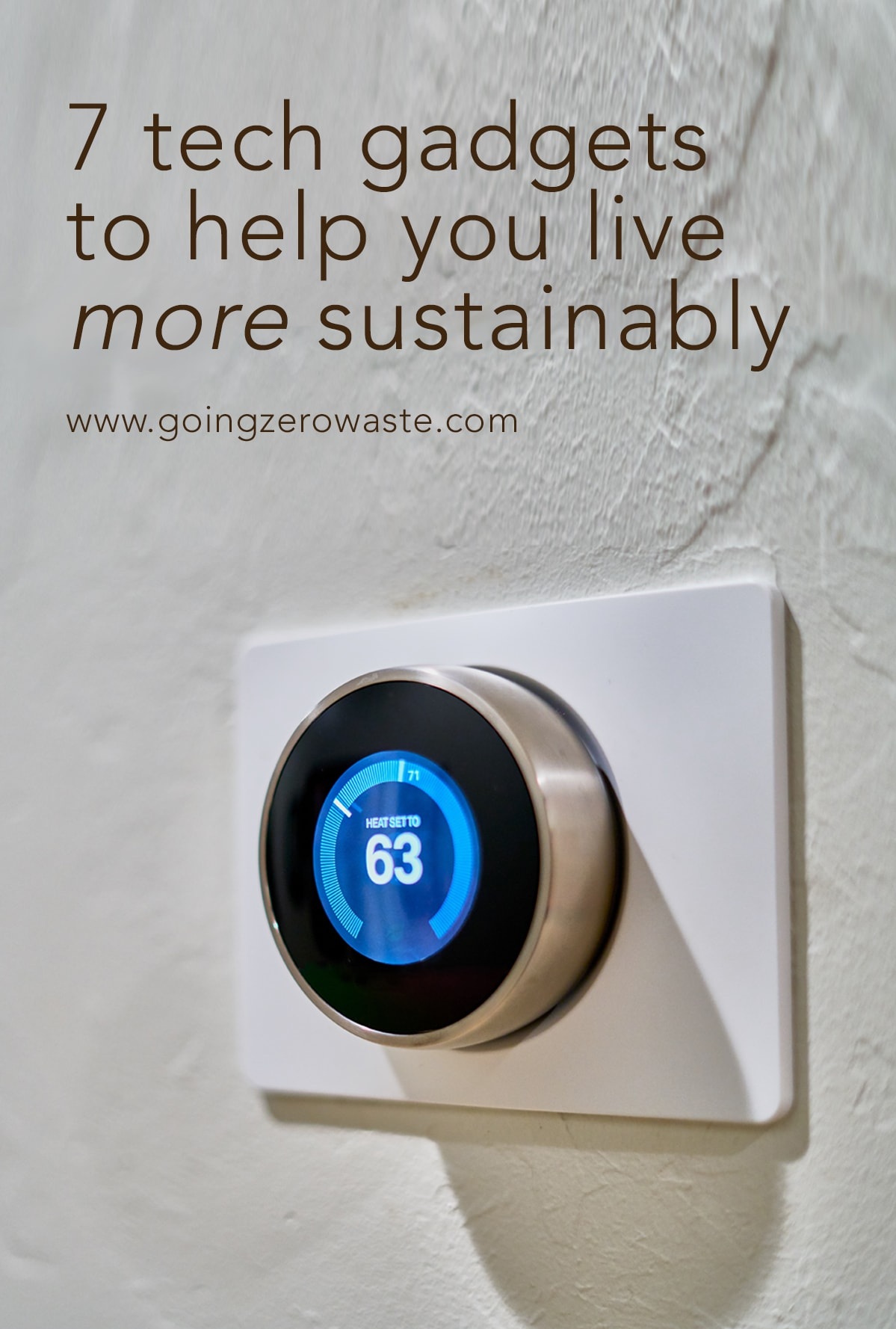Sustainability gets a bad rep for being expensive and only accessible to the “elite” or at least upper-middle class. And, I’m not saying that some of the things promoted by sustainability experts aren’t because eating a local, organic whole-foods diet can be spendy and so can things like electric cars and solar panels.
Some of the links below are affiliate links for more information please see my disclosure policy.
Zero waste living at its core though is depression era ultimate frugal living. It’s the simple idea of wasting nothing and using everything we have over and over again. At it’s core it’s about buying less, using less, consuming less.
I’ve rounded up 8 free-ish zero waste swaps. I say “ish” because nothing in life is truly free. For several of these things, it requires you to have bought something in the past, but I think there’s a high probability you own these items!
1. buy less:
I think this is pretty self-explanatory - simply buy less.
You will see it repeated throughout the blog over and over again because it’s one of the best things you can do. It is day one in the Zero Waste Challenge which if you’re looking to reduce your waste and don’t know where to start, that’s where!
It’s also my top tip for anyone starting out on a low-waste / sustainable lifestyle check out my Beginners Guide to Going Zero Waste.
And, if you’re just looking for some inspo, here’s 10 Things I Don’t Buy Anymore.
2. water:
Did you know tap water is actually more regulated than bottled water? Yup. It’s true! With few exceptions, most of the water in the US is clean, drinkable, and there’s no need for bottled water.
Bottled water is regulated by the FDA where tap water is regulated by the EPA under the Safe Drinking Water Act which has much stricter standards than the FDA.
The EPA requires that each city distributes a Consumer Confidence Report every year that shows the quality of the city’s water supply.
Now, if you’re a bottled water company, tests aren’t done as frequently and they don’t have to share them with the general public. Which has led to numerous outbreaks of e coli in bottled water.
If you'd like your water to taste a bit better, check out these charcoal sticks. I have a great blog post on how I filter my water without using plastic.
If you need something a little more heavy duty, the Berkey Filter is the best on the market. If I were to get a water filter, this is absolutely the one I would get. I do tend to check on Craigslist to see if one becomes available.
3. host a clothing swap:
Instead of rushing out to buy something new, host a clothing swap with your friends. Let me know if you’d like a full blog post on this!
This is such a fun event to throw with friends and I think it’s a GREAT mixer idea for sororities and college campuses in general. Check out all of my tips for reducing waste in college.
4. jars on jars:
Many of the items at the grocery store come in glass jars. Instead of going out and buying new glass jars, upcycle the jars you already have.
5.trade more buy less:
I did a whole post on the sharing economy and how important it is. You can read more here: 5 Ways to Join the Sharing Economy.
6. ditch the unnecessary:
Do you truly need everything you buy? After I went zero waste I just stopped buying plastic wrap and aluminum foil and haven't looked back. I also stopped lining my cupcake tins.
Full disclosure: my husband put a set of silicone cupcake liners for in my stocking for Christmas, but I use them to make homemade peanut butter cups instead. I really love using the silicone cupcake liners in the freezer. Hello, mini vegan cheesecakes.
7. paper products:
Ditching paper products was one of the best money saving decisions I've made.
I find that most people have a set of rags or kitchen towels so lock away the paper towels and break out those towels. I have a great blog post on Ditching Paper Towels to help you make that transition.
While I wouldn’t consider these free swaps, if you’re looking to save money and ditch paper products switch to handkerchiefs instead of tissues and get a bidet attachment for your toilet!
8. make your food at home:
Instead getting a bunch of takeout, make your food at home. Pack a lunch, make breakfast, and brew your own coffee and tea. I find that cooking at home automatically eliminates a lot of waste. I’ve rounded up a few of my popular blog posts on the topic to help get you started!
BONUS!
There’s also a few bonus ideas I thought of, but to get those, you’ll have to watch the video.













